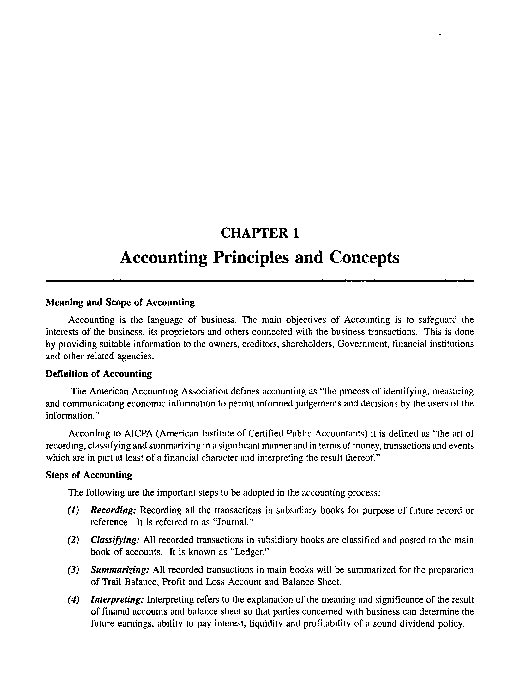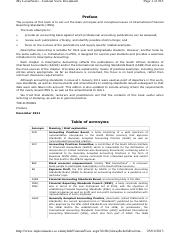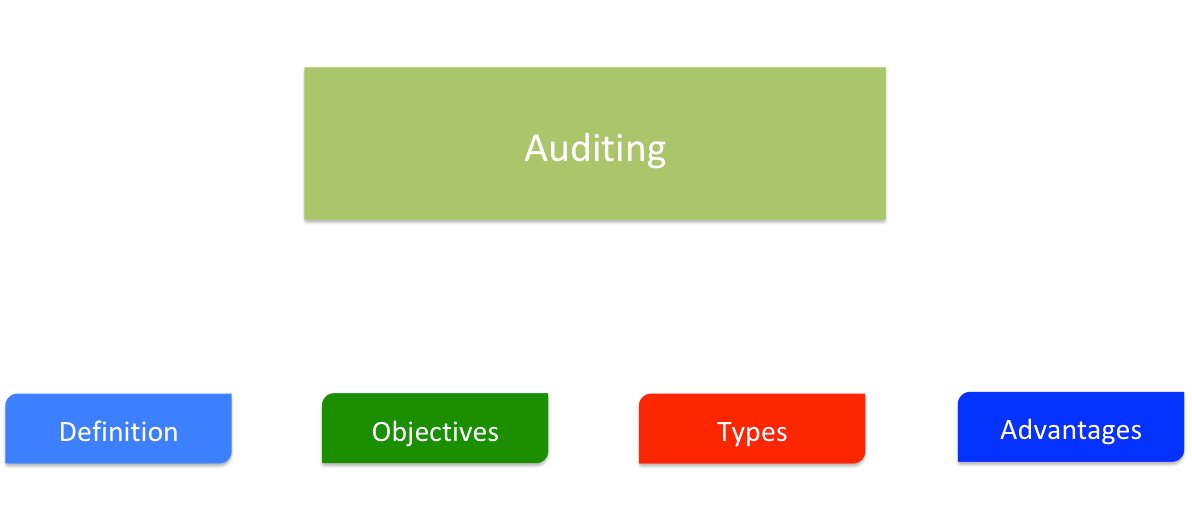The purpose of accounting is to provide financial information that is useful in making business decisions. This information is used by a wide range of stakeholders, including shareholders, managers, employees, customers, suppliers, financiers, government agencies, and the general public.
Accounting serves several important functions in an organization. First, it helps to track and record the financial transactions of a business. This includes recording revenues, expenses, assets, and liabilities. By doing so, accounting provides a comprehensive picture of a company's financial position at any given time.
Second, accounting helps to measure the financial performance of a business. This includes calculating financial ratios and metrics, such as profit margins and return on investment, which help to assess the efficiency and profitability of the business. These measures can be used by management to identify areas of strength and weakness, and to make informed decisions about how to allocate resources and improve performance.
Third, accounting helps to communicate financial information to stakeholders. This includes preparing financial statements, such as the balance sheet and income statement, which provide a summary of a company's financial position and performance. These statements are used by investors, creditors, and other stakeholders to evaluate the financial health of the business and make informed decisions about whether to invest in or lend to the company.
Fourth, accounting helps to ensure compliance with laws and regulations. This includes preparing financial statements and other reports in accordance with generally accepted accounting principles (GAAP) and other regulatory requirements. By doing so, accounting helps to provide assurance that a company's financial statements are reliable and accurate, and that the company is operating in a transparent and ethical manner.
In summary, the purpose of accounting is to provide useful financial information that helps stakeholders make informed decisions and assess the financial performance and position of a business. It serves as a key tool for tracking and measuring financial transactions, communicating financial information, and ensuring compliance with laws and regulations.







